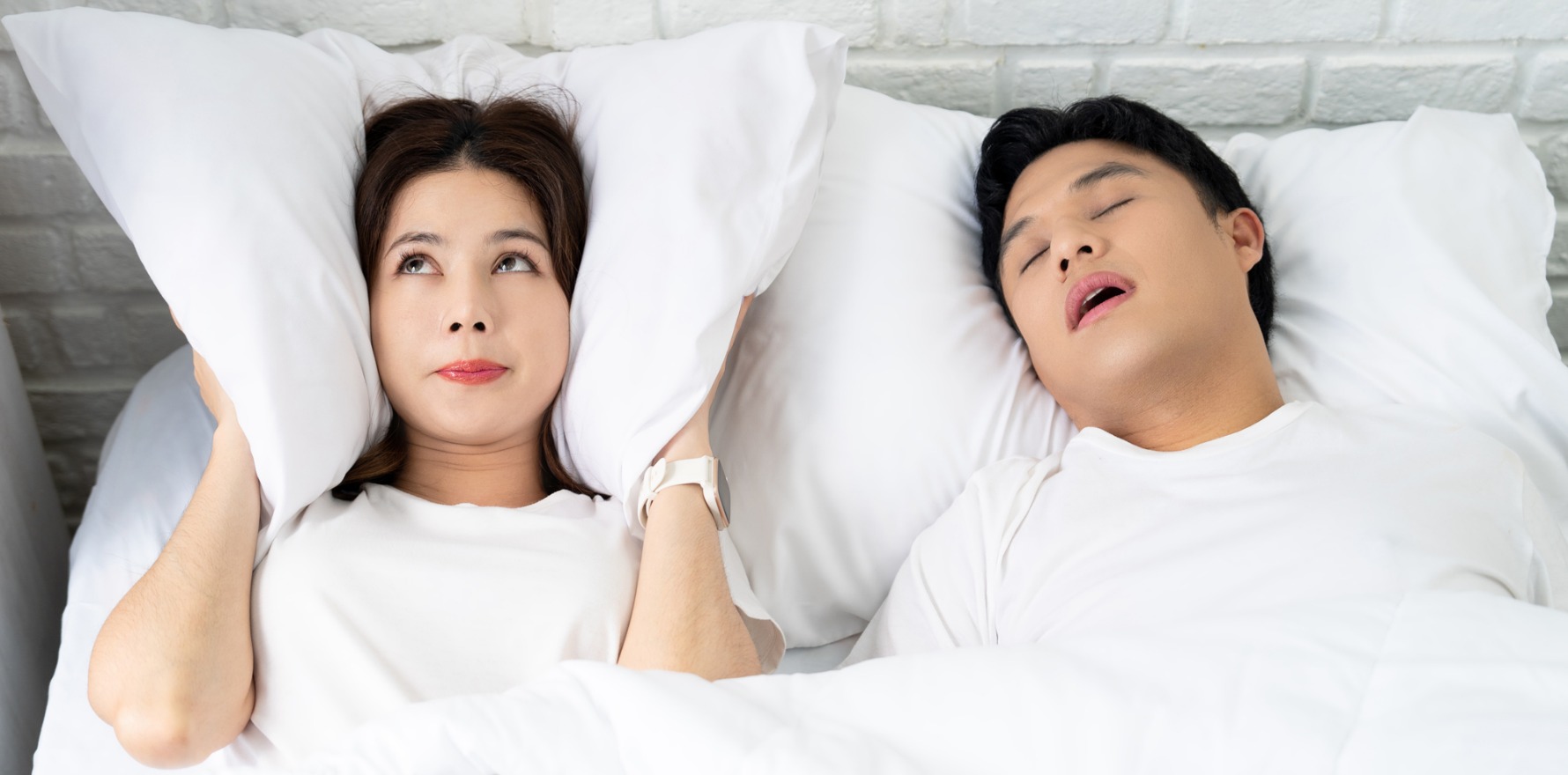The anticonvulsant sulthiame could cut the worst breathing stoppages by as much as 50%.
An epilepsy drug has shown promise as a medication for obstructive sleep apnoea, according to trial results presented at the European Respiratory Society Congress this week.
Continuous positive airway pressure (CPAP) machines are the standard treatment but not all patients tolerate or persist with them, said co-author Professor Jan Hedner from the Sahlgrenska University Hospital in Sweden, presenting the research in Vienna.
Sulthiame (Ospolot) is prescribed as an anticonvulsant for hyperkinetic behaviour, myoclonic seizures, grand mal attacks and Jacksonian seizures. It works by inhibiting the carbonic anhydrase enzyme and stimulating the upper airway muscles.
The double-blind randomised controlled trial was carried out across 28 sites in five European countries on about 300 patients who could not or would not use CPAP machines.
They were given either a placebo or 100mg, 200mg or 300mg of sulthiame daily for three months.
Polysomnography measures – blood oxygen, heart rhythm, eye movements, brain and muscle activity – were taken at baseline, four weeks in and after 12 weeks.
On one version of the Apnoea-Hypopnoea index, AHI3a, the frequency of respiratory pauses was 18%, 35% and 40% lower on the three doses of the drug, respectively. Using the AHI4 measure, pauses with greater reduction in oxygen levels were nearly halved.
Blood oxygen was improved and daytime sleepiness was reduced in patients on the drug.
“People taking sulthiame in the trial had a reduction in OSA symptoms such as stopping breathing during the night and feeling sleepy during the day,” Professor Hedner said: “Their average levels of oxygen in the blood were also improved with the treatment.
“This suggests that sulthiame could be an effective treatment for OSA, especially for those who find they cannot use the existing mechanical treatments.
“Although sulthiame is already available as a treatment for childhood epilepsy, we still need to carry out a phase III study to confirm the beneficial respiratory effects of this drug in a larger group of patients with OSA.”
There are no approved medications for sleep apnoea. Recent research showed the incretin tirzepatide was effective in reducing OSA symptoms, but that effect was likely entirely mediated by weight loss.


